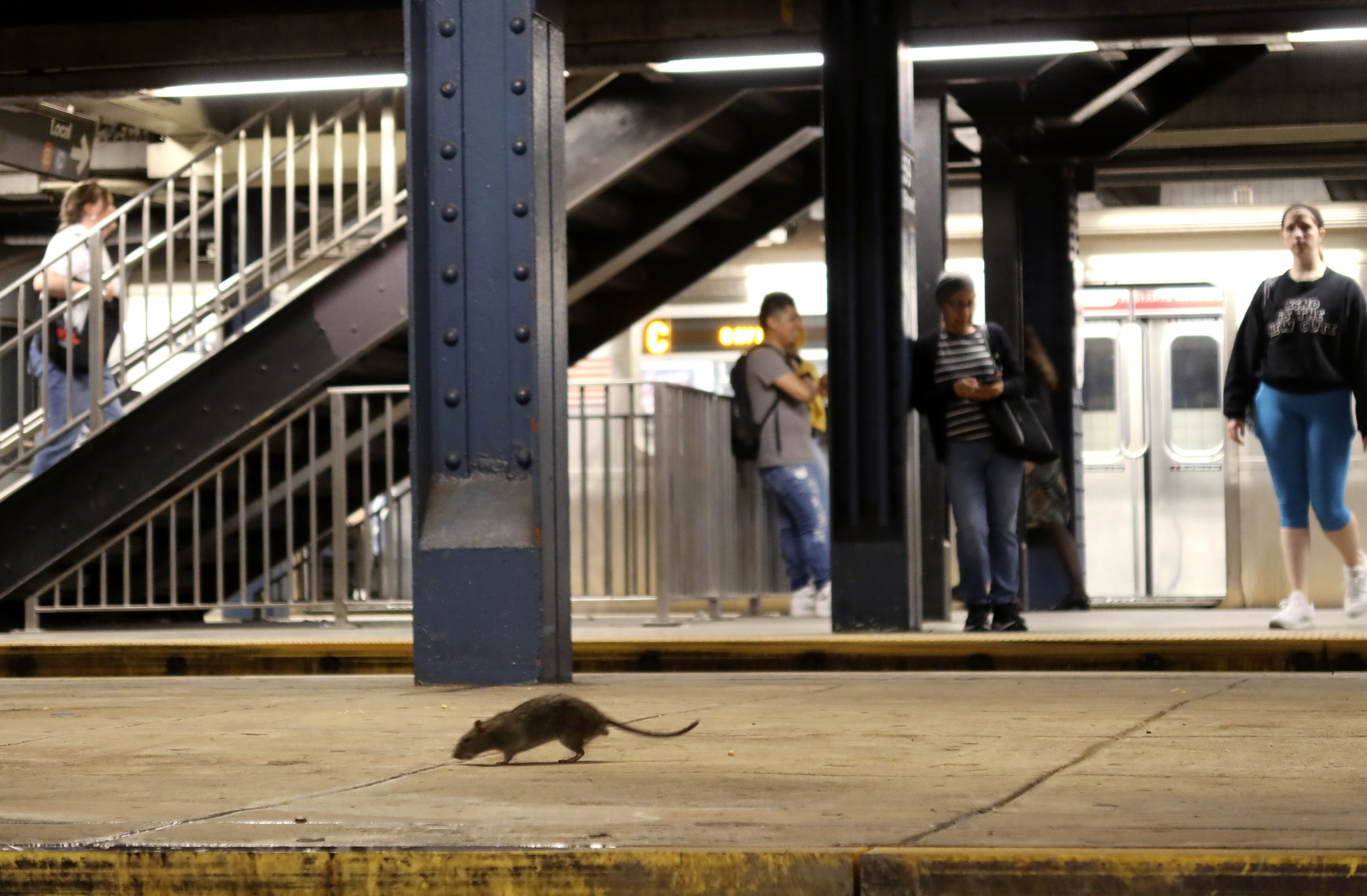One group of New Jersey students won a national competition with a project aiming to combat climate change and food waste by creating their own soap using a sustainable ingredient from bugs.
This team of over 30 high school students from the town of Princeton decided to swap out palm oil, a popular element in mass-produced goods, for an unorthodox yet eco-friendly alternative: bug oil.
The project won this year's Samsung 'Solve for Tomorrow' contest, awarding $110,000 to the winners in a nationwide challenge that calls on public school students to build solutions to real-world community problems.
These teens used black soldier fly larvae to break down food waste, such as produce, collected from supermarket chains and businesses.
Get Tri-state area news and weather forecasts to your inbox. Sign up for NBC New York newsletters.
Food waste is a major contributor to climate change. Rotting food left in landfills releases methane, a gas 25x more potent than carbon dioxide.
In a 2021 report, the U.S. Environmental Protection Agency (EPA) estimated that each year, nationwide food waste embodies 170 million metric tons of carbon dioxide equivalent to greenhouse gas emissions. That's comparable to the annual CO2 emissions of 42 coal-fired power plants, the report stated.
Sustainable Alternative to be Normalized
News
Using repurposed materials, including a donated 5-gallon oil drum, these teenagers mixed the compost and black soldier flies into a container. After the fly larvae pupate, these critters contain a high-quality oil and are easily harvested at the surface.
Why use specifically black soldier flies? These larvae not only productively digest organic waste but can break down harmful bacteria in the process, making the bug oil free of contaminants with a scent similar to that of almond butter.
"The black soldier fly can basically decompose any sort of food or organic waste no matter how badly it's contaminated," said Matthew Livingston, a senior at Princeton High School, in an interview with NBC New York.
On top of battling food waste, this project used bug oil to mold bars of bathroom soap, eliminating another driver of climate change — palm oil.
Oil palm trees produce both crude palm oil and palm kernel oil, which can be found in manufactured products like detergents, cosmetics and snack foods. While incredibly versatile, palm oil comes at a high cost of deforestation, air pollution and soil erosion.
"Having these sustainable oils, just like black soldier fly oil, being used in soaps and just starting to integrate that into something that people at least see, so that it becomes more normalized. Something we can actually see in our industries in the future," said Ngan Le, grade 11.
Additionally, this study included English language learner students who joined the research program last fall from Guatemala. Teacher Mark Eastburn says the school plans to use the new funds to support future projects that boost more equitable opportunities in the district.
"This project has been an incredible example of how participants from all backgrounds can come together and work towards a common goal with the potential to lessen our impact on the environment, while also encouraging an entrepreneurial mindset for each and every student involved," Eastburn told News 4.



